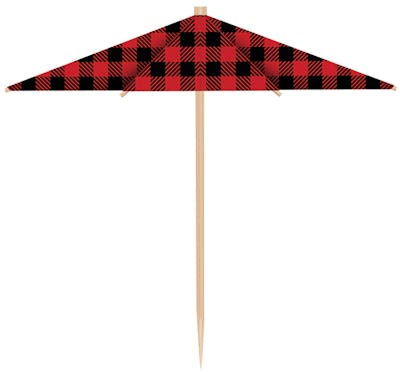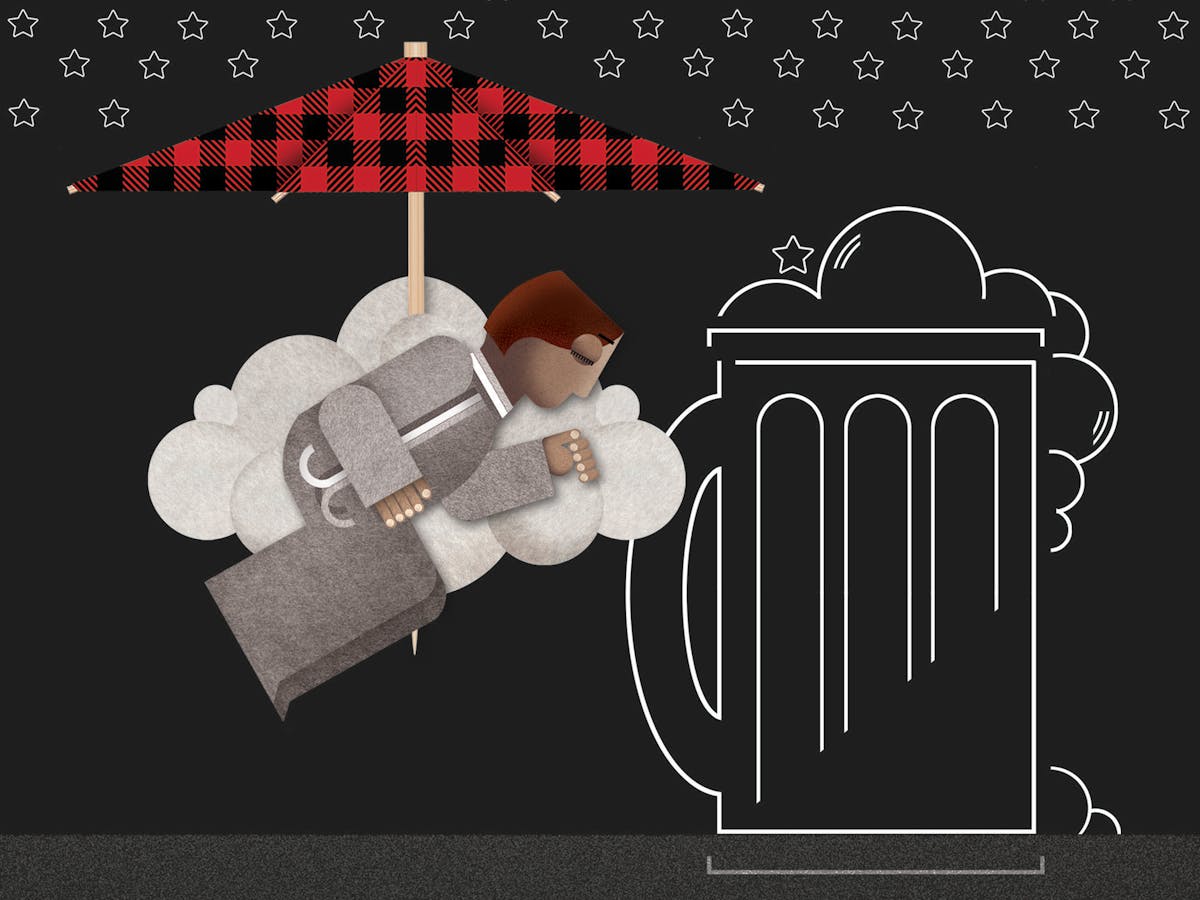Editor's note: This story first appeared in January 2022. We resurfaced it to support people participating in Dry January in 2023. If that's you, consider joining our Facebook community here.
—
How many alcoholic drinks does it take to spoil a good night's sleep?
That's a question Twin Cities sleep educator Sarah Moe is asked a lot. Clients usually aren't happy when they hear her response.

Dry January
Join our challenge to give up alcohol the month of January and you may gain sleep, energy and even extra pocket change.
"The answer is one," said Moe, founder of Sleep Health Specialists.
Sleep struggles affect our health from our mood to our heart. And alcohol plays a major role in those struggles. A 2020 survey by the American Academy of Sleep Medicine found that one in five U.S. adults often lose sleep because of alcohol consumption.
"Alcohol has a huge impact on sleep," said Twin Cities sleep medicine physician Dr. Michael Howell.
Those of us who are going alcohol-free as a Star Tribune-supported wellness experiment for Dry January will likely find that a break from booze can quickly improve both the quality and the quantity of our rest.
"A Dry January will undoubtedly, especially over the course of a month, lead to better, healthier, more restful sleep," said Howell. "Especially when combined with exercise and healthy nutrition."
"That impact on your sleep is going to be very, very swift and very, very positive," agreed Moe.
Just how swift depends on your pre-2022 habits.
"If we have gone into that realm of heavy drinking, it may take more time to see a shift in our sleep quality," Moe said. "So the first three or four nights you can expect to feel almost anxious and headachy. After that third or fourth night of a Dry January, sleep will start to repair itself."
(Note: If you drink heavily on a daily basis, suddenly going without alcohol might result in withdrawal, which can be dangerous. If that describes your alcohol intake, please seek professional help.)
The negatives of a nightcap
Alcohol has an outsized impact on our rest because it worsens sleep in many ways.
Even a moderate amount of alcohol can disrupt melatonin production; mess with sleep stages, circadian rhythms and your internal clock; make you wake up to use the bathroom; and even trigger or exacerbate disorders like sleep apnea, sleepwalking and insomnia.
That may seem counterintuitive because humans have been using alcohol to help relax and get to sleep since well before the British coined the phrase "nightcap" in the 1800s. But those who use a drink to wind down before bed end up paying for it with fragmented sleep just a few hours later.
"It's initially sedating. But it is very quickly metabolized by your liver," explained Howell.
About four hours after drinking a nightcap and dozing off, your liver has done its job. But the metabolites of alcohol can cause you to be more restless — and can even trigger nightmares — because they can wake you out of the REM stage of sleep, when most people vividly dream.
"A lot of people will describe having what some would call nightmares, but most people just say they have rather little frustrating or distressing dream fragments," Howell said.
And waking up distressed in the middle of the night usually spells trouble.
"That can be a miserable experience. Very few people have ever lain awake in a dark room and stared at the ceiling and thought about how great their life was," Howell added.
Even if you aren't awake for long periods, alcohol can prevent you from cycling into the deep stages of sleep that are most important, said Moe.
"The consumption of alcohol prevents our bodies from getting into the deeper, more restful stages of sleep," she said. "These are the stages where our bodies heal from being awake every day, and with the consumption of alcohol preventing us from getting into these stages, we wake up feeling unrefreshed."
If a nightcap has long been part of your bedtime routine, keep up the practice during Dry January, but swap in a mocktail or other non-alcoholic drink, suggested Moe.
Going from bad to worse
Besides messing with our brains while we doze, alcohol also has a physical impact on sleep: It can cause muscles in the head, neck and throat to relax too much. This creates airway problems that can lead to sleep apnea, a disorder that involves your breathing repeatedly stopping and starting.
"With a little bit of alcohol, somebody who doesn't snore at all will snore, somebody who just snores will now all of a sudden have mild sleep apnea," Howell said. "Someone who has mild sleep apnea will have moderate, somebody who has moderate sleep apnea will have severe. And that's all just with alcohol in moderation."
So what if you've been going alcohol-free, but aren't sleeping better? Going dry for a month may reveal that you have an underlying sleep issue, such as insomnia, a circadian rhythm problem or restless leg syndrome. A sleep doctor can likely help, Howell said.
And knowing more about your sleep is a step in the right direction.
Moe did a Dry March a few years back. She found more benefits than improved sleep, she said.
"The thing I noticed the most very quickly was my skin. I felt like I looked younger within two weeks," she said. "So there are benefits far beyond improving sleep that will come with taking that challenge. Clearing up your skin, more daytime energy, focus, productivity, all of these really great things that come with it."

